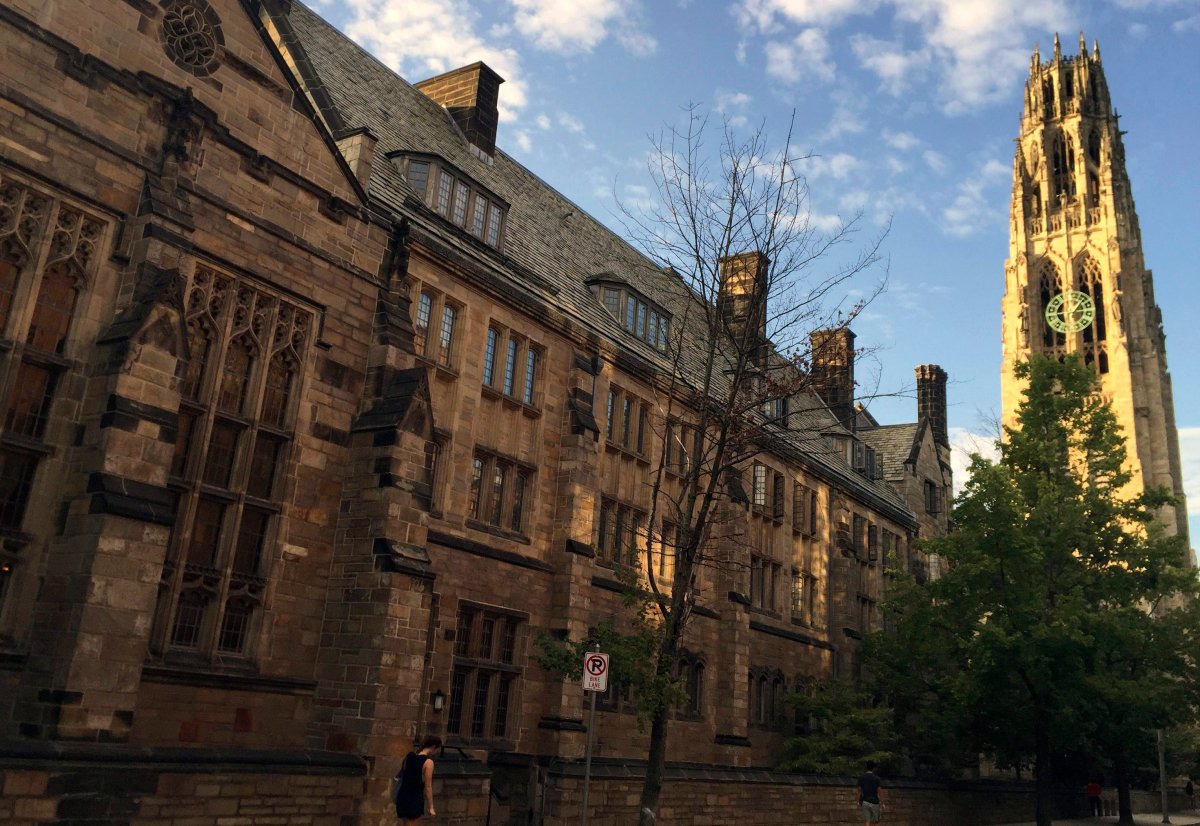A Yale student was found not guilty on Wednesday of sexually assaulting another student at a Halloween party in 2015.

The verdict came in nearly three years later, in the post-#MeToo era, and on the eve of International Women’s Day – and some are questioning the defence lawyer’s tactics in the case.
The case stemmed from accusations made by a Yale student, whose name is protected by a publication ban, and another student, Saifullah Khan.
The victim said Khan walked her back to her dorm before pinning her down and raping her. Khan said she had invited him into her dorm and instigated sex.
During the cross-examination of the victim, Khan’s lawyers pressed her on things like her clothes – asking why she chose to wear a cat costume instead of more modest one like “Cinderella in a long, flowing gown,” the New York Times reports.
They also asked how much she drank at the party, and her text messages to Khan, claiming she was flirting, the paper reports.
On social media, concerned citizens questioned why the lawyer still found it appropriate to bring up a woman’s attire in a sexual assault case.
“It’s 2018 – how are clothes still a topic for discussion during a rape trial?” one user wrote.
“This is why women don’t trust the legal system to adjudicate sexual assault,” another wrote.
During the #metoo movement – many people came forward to share their own experiences with sexual assault, to prove that it happens more often than perceived – and to show that it can happen to anyone.
Laura Palumbo, of the National Sexual Violence Resource Center, told the Times the lawyers’ tactics were intentional.
“It is very intentionally working to trigger victim-blaming and stereotypes and misconceptions about sexual assault,” she said. “You must be interested in sexual behavior just based on how you’re dressed and drinking.”
WATCH: Have things changed at work post-#MeToo?

Others said the cases like these are why campus sexual assaults are among the most underreported.
“This case is the reason why sexual assault is one of the lowest-reported crimes in the country. It shows the huge discrepancy between how courts and antiquated laws view sexual violence and how it is taught on campus,” Jessica Davidson of the group End Rape on Campus told Buzzfeed News.
Lawyer Norm Pattis defended his own actions in an interview with Buzzfeed, saying the context of clothing is important in the case.
“When do people get a pass on the signals they send? Since when do you get to go out wearing something scanty that sends signals and not expect certain reactions?” Pattis told Buzzfeed.
Campus sexual assaults are reportedly rampant – in the U.S. as well as Canada. As the Times notes, this case is part of a select few that end up going to trial, most are handled behind closed doors by the universities,
Last year, student group Our Turn issued a report card that analyzed sexual assault policies on campuses across the country and found it lacking.
Only one campus received an A-, while six received a D+, D, or D-. The average was a C-.
The Liberal government is aiming to tackle this in the 2018 budget – they’ve allocated $5.5 million to bolster support for sexual assault crisis centres in universities. And they say if universities’ policies don’t measure up, they may lose federal funding.








Comments